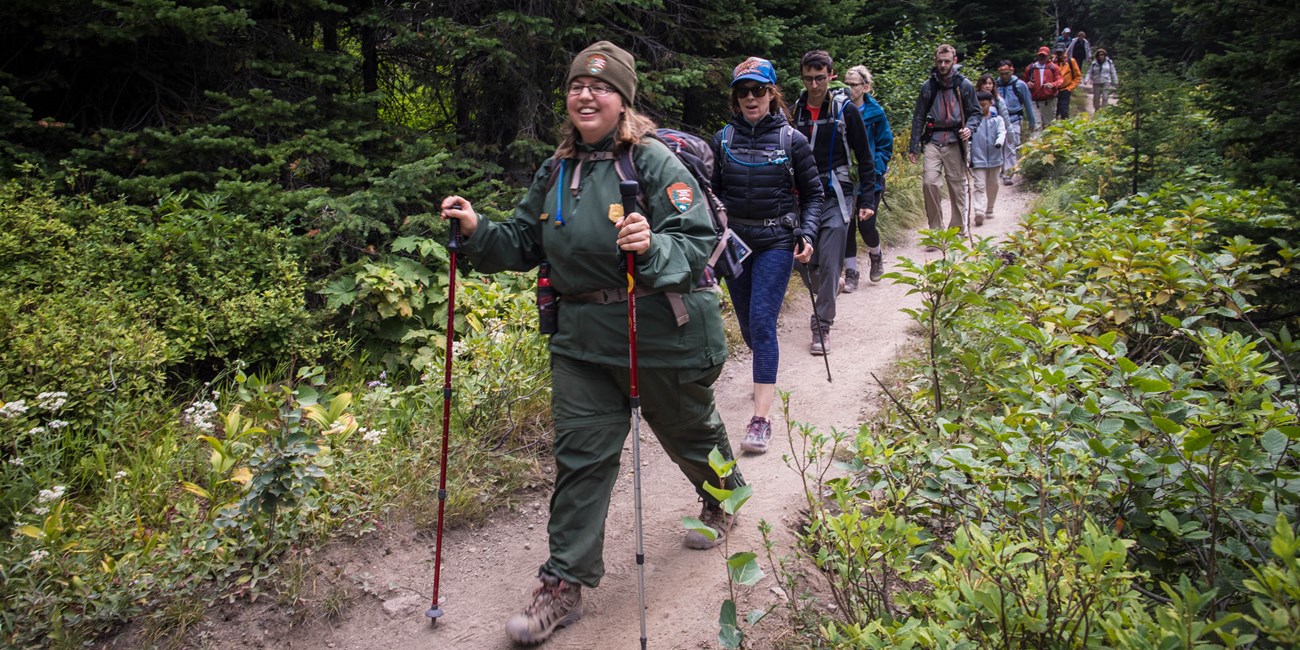Camping trips offer a wonderful opportunity to disconnect from the hustle and bustle of everyday life and reconnect with nature. Whether you’re an experienced camper or a first-timer, there are several important factors to consider before embarking on a camping adventure. Proper planning and preparation can make a significant difference in ensuring a safe, enjoyable, and memorable experience. Here are some key points to ponder before setting out on your camping trip:
Destination Selection:
Choosing the right camping destination is paramount. Consider the type of environment you prefer—mountains, forests, lakes, or deserts—and the activities you want to engage in, such as hiking, fishing, or simply relaxing. Research the location’s weather patterns, terrain, and any potential hazards to ensure you’re adequately prepared.
Research and Permits:
Before you go, research whether the camping site requires any permits, fees, or reservations. Some popular camping areas may have limited availability and require advanced booking. It’s crucial to abide by all regulations and obtain any necessary permits to avoid legal issues during your trip.
Gear and Equipment:
Make a comprehensive checklist of the camping gear and equipment you’ll need. This includes tents, sleeping bags, cooking utensils, a camping stove, food, water filters or purification tablets, first aid kit, clothing suitable for the weather, and any specific gear for your planned activities. Double-check that your equipment is in good condition and functioning properly. You can carry latest guns with 9mm ammo for a safe and secure camping trip.
Weather Check:

Weather can significantly impact your camping experience, so be sure to check the forecast for the duration of your trip. Pack accordingly, bringing both warm and cold weather clothing and waterproof gear if rain is in the forecast. Being prepared for various weather conditions will ensure you’re comfortable throughout your stay.
Safety Precautions:
Safety should always be a top priority. Familiarize yourself with the camping area’s potential hazards, such as wildlife, steep terrain, or poisonous plants. Learn basic first aid and emergency procedures, and ensure you have a reliable means of communication in case of emergencies, especially if you’re camping in a remote area.
Leave No Trace:
Responsible camping involves leaving the environment as pristine as you found it. Practice the principles of “Leave No Trace,” which include packing out all your trash, minimizing your impact on natural surroundings, and respecting wildlife and local ecosystems.
Food and Cooking:
Plan your meals and snacks ahead of time, taking into consideration any dietary restrictions and the availability of cooking facilities at your campsite. Opt for non-perishable foods that are easy to prepare and won’t attract wildlife. Remember to store your food securely to prevent animals from being attracted to your campsite.
Navigation:
Carry a detailed map of the camping area and a reliable compass or GPS device. Familiarize yourself with the terrain and landmarks to prevent getting lost. Even if you’re planning to rely on digital navigation, having traditional tools as backups is essential.
Waste Disposal:
Proper waste disposal is crucial for both environmental preservation and the safety of others. Use designated bathroom facilities whenever possible, and if not available, follow proper “Leave No Trace” principles for human waste disposal. Pack out all trash and waste to maintain the cleanliness of the area.
Respect Local Regulations:
Different camping areas may have specific rules and regulations, such as quiet hours, campfire restrictions, and pet policies. Adhering to these regulations not only ensures a harmonious experience for everyone but also helps protect the natural environment.
In conclusion, a successful camping trip requires careful planning and consideration of various factors. By choosing the right destination, preparing the necessary gear, prioritizing safety, and being mindful of the environment, you can create unforgettable memories and forge a deeper connection with the great outdoors. Remember that the key to an enjoyable camping experience lies in preparation, adaptability, and a spirit of adventure.
